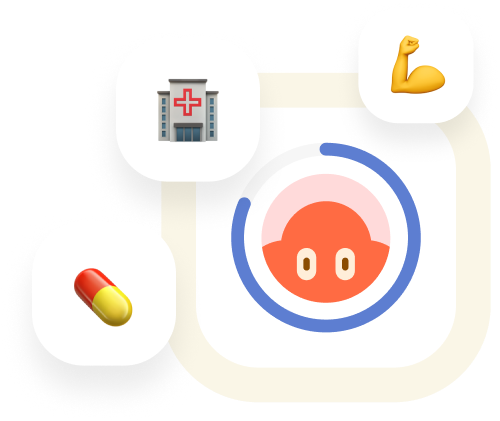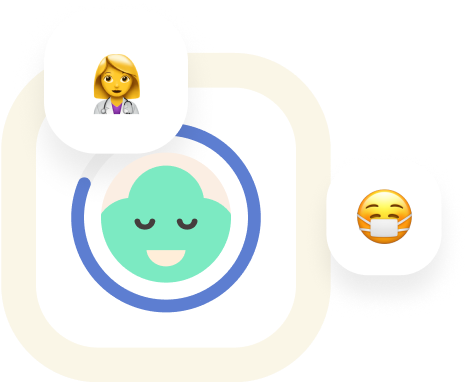Join a Community That Understands You
Get answers from those who share your health journey



Samiiiiiiiii's Post
Samiiiiiiiii
Updated 1y ago
Late Diagnosis of Celiac Disease: Coping with Dietary Changes
Can you help? Connect today
Lolita
2y
Manders
2y
KTme
2y
Sad_stomach
2y
wasplord
2y
Khristina
2y
FiguringThingsOut
2y
babycakes
2y
Goo
2y
DutchGirl
2y
HeyReese
2y
maharahnee
2y
GF4LIFE
1y
The content in this post is not intended to be a substitute for professional medical advice, diagnosis, or treatment. Always seek the advice of your physician or other qualified health provider with any questions you may have regarding a medical condition.

Free unlimited access
to all community content

Find others who are
medically similar to you

Pose questions and join
meaningful discussions
Alike is a transformative platform that goes beyond just bringing together patients; it meticulously connects individuals based on multiple critical factors, such as age, gender, comorbidities, medications, diet, and more, fostering a community of knowledge, support and empathy.
© 2020-2024 Alike, Inc